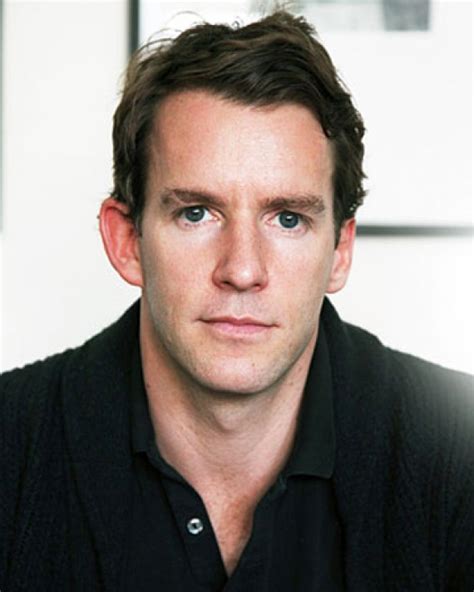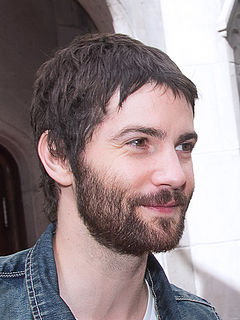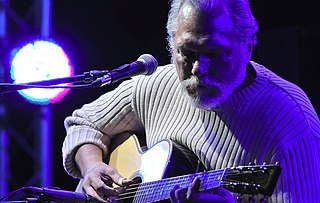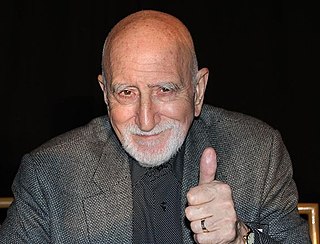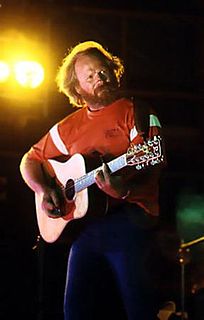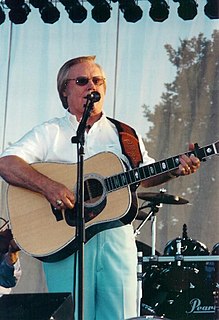A Quote by Bill Clegg
In college, I would follow Bob Dylan around, and I would show up to a concert, and he would sing some song he hadn't sang in a long time, and it would speak to something, and I would think it had some great fateful implication.
Related Quotes
I was probably 16.I played - I tried to play these songs that I had written. And, this was a common theme when I was younger: I would write a song about somebody, and they would come to my show. I wouldn't be able to play the whole thing, because, there would be some giant, loaded secret coming up in like, the third verse, or something.
[on River Phoenix] I would love to see what kind of choices he would be making now if he was still around, some of the characters that he would have played. I mean, to me he was like a rock star, you know, he had it all: he had the looks, he had a great name, he had an attitude, an energy, an excitement about him. He was instinctively like a, he was a rebel, you know? He was kind of Bob Dylan to me, at times, and he had a lot to say. And I've never seen too many interviews by him, but the ones that I saw were pretty electric, pretty... he was switched on, definitely.
We were on a tour, and there were some chord formations that were tough for me to play when I was a kid...it had become apparent that there was some stuff I wanted to do that [would require me] to learn how to do that. So I wrote the song and used some of these chord formations so I would have to play them. I thought it would be a great teaching vehicle for a while, and it was, but it ended up as a performance song.
I always knew I would sing. I just didn't know if I would be successful or not. But I sang at school, I sang at parties, I sang at church. Everyone always asked me to sing. I'd be playing football with my friends, and my parents would ask me to sing for their guests. I was never very happy about that because I wanted to play football.
I always knew I would sing. I just didn't know if I would be successful or not. But I sang at school, I sang at parties, I sang at church. Everyone always asked me to sing. I'd be playing football with my friends and my parents would ask me to sing for their guests. I was never very happy about that because I wanted to play football.
Luther Vandross was a musician who sang. So after a while he was also the number one background singer in New York, so he would sing for Bette Midler, he sang on "Fame," he sang for David Bowie, he sang for - whoever needed backgrounds, he would arrange the parts and hook your record up. He also sang on commercials. McDonald's, Budweiser.
In other philosophies, my questions would get answered to some degree, but then I would have a follow-up question and there would be no answer. The logic would dead-end. In Scientology you can find answers for anything you could ever think to ask. These are not pushed off on you as, 'This is the answer, you have to believe in it.' In Scientology you discover for yourself what is true for you.
